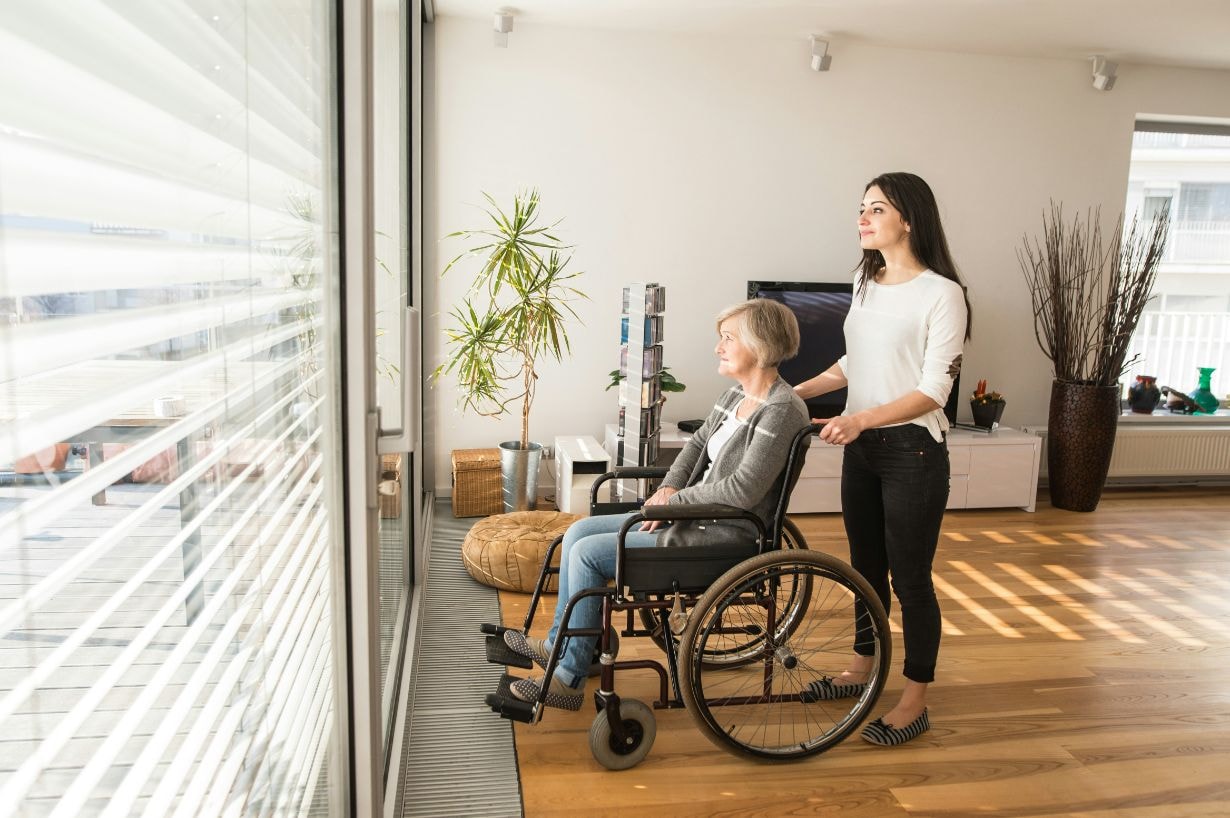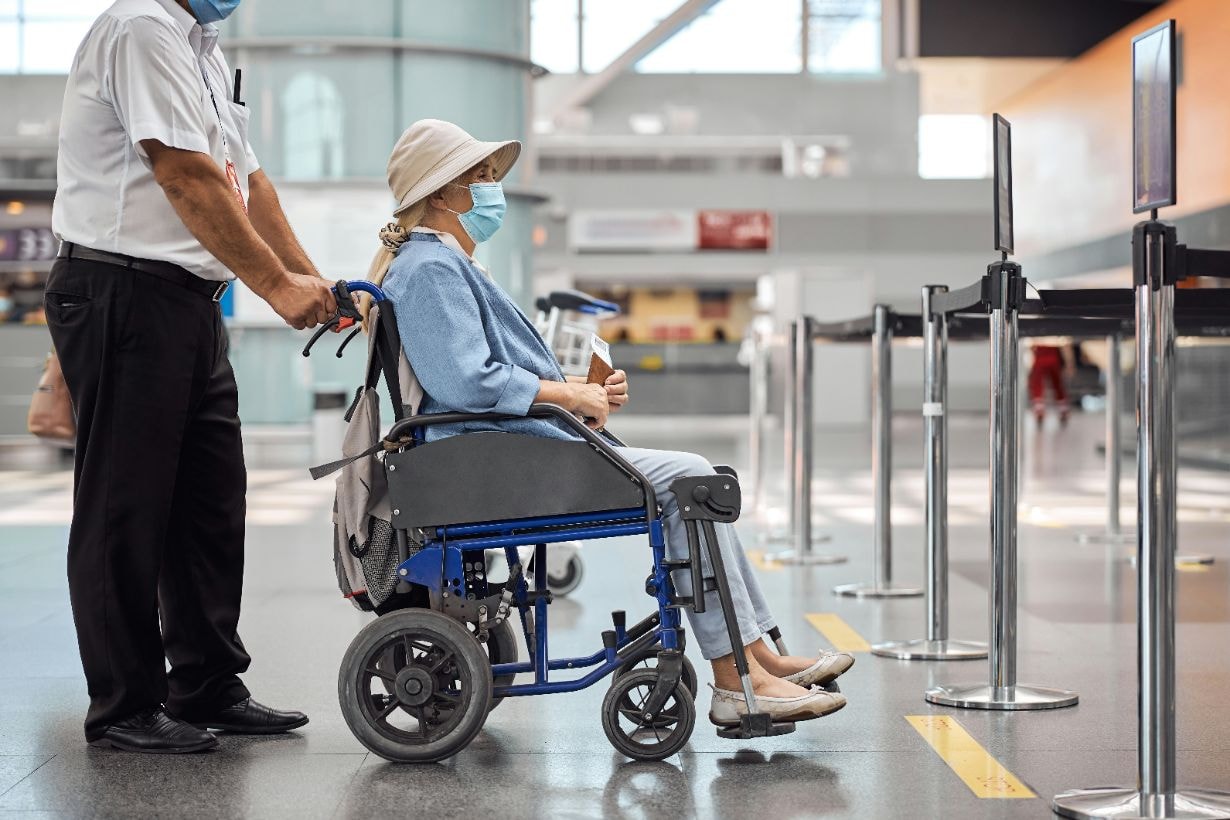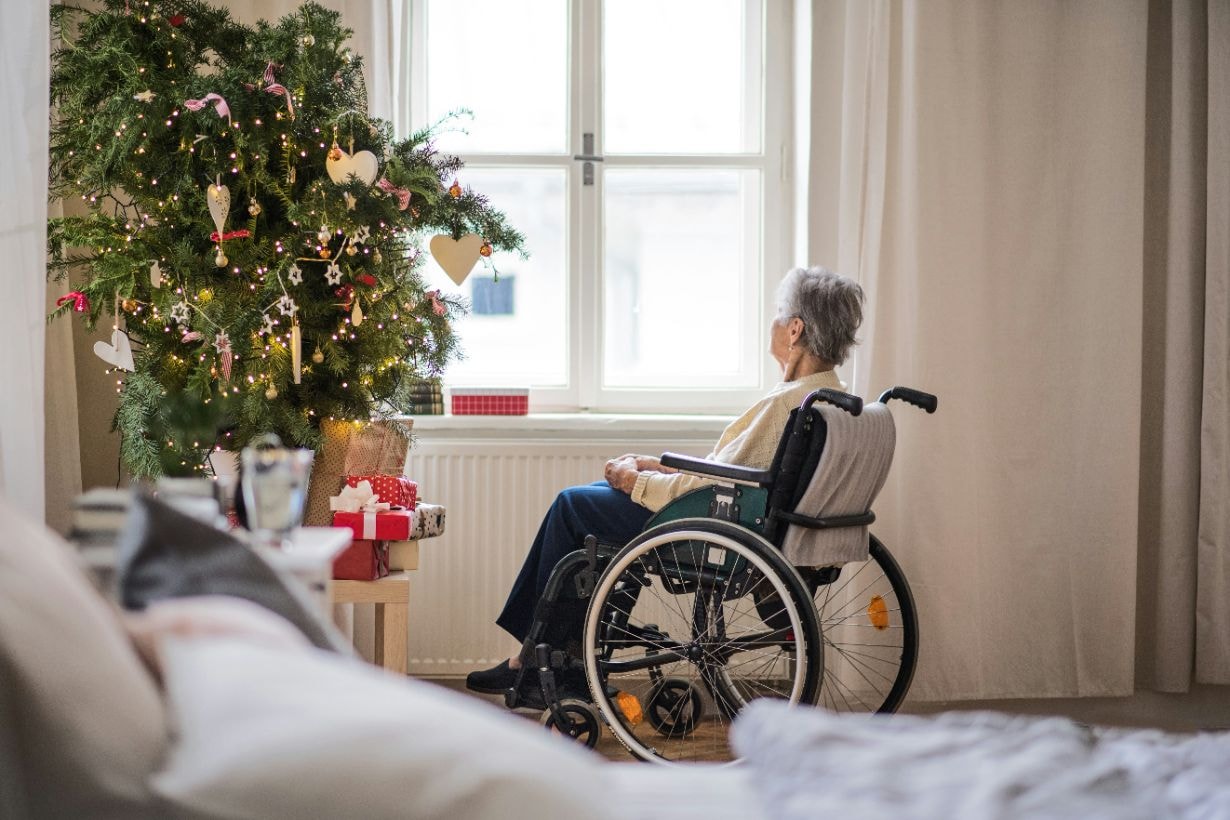What is Innovative Community Participation NDIS?
Innovative community participation is a groundbreaking approach within the National Disability Insurance Scheme (NDIS), transforming

Short-term Accommodation (STA) is a valuable NDIS-funded support that provides participants a temporary place to stay away from their usual home. STA includes access to assistive technology to enhance daily living and promote independence. This comprehensive guide will explore the ins and outs of NDIS short-term accommodation, its benefits, and how to access this essential service. Whether looking for respite, skill development, or a chance to try new things, STA can be a crucial part of your NDIS journey.

Short-term accommodation, often referred to as STA, is a crucial support option offered by the National Disability Insurance Scheme (NDIS). It provides participants with a safe and supportive environment for a short period, typically from a few days to several weeks.
STA encompasses more than just a place to sleep. It includes:
Accommodation in a suitable facility
Personal care assistance
Meals and dietary support
Engaging activities tailored to the participant’s interests and needs
STA often operates on a group price model, allowing participants to share supports with others
This comprehensive package ensures that NDIS participants receive the support they need while away from their usual home and support network.

NDIS short-term accommodation serves multiple purposes and offers numerous benefits to participants and their informal supports:
Respite and Breaks: STA provides much-needed respite for participants and their usual carers. This short break can help maintain living arrangements by preventing burnout and promoting overall well-being.
Skill Development: Short-term accommodation offers an excellent opportunity to develop new skills and increase capacity in a supportive environment. Participants can engage in skill-building activities and try new things under professional guidance.
Social Interaction: STA allows participants to make new friends and improve their social skills by interacting with peers and support staff in different settings.
Independence Exploration: Staying in short-term accommodation can help participants explore independent living in a safe and controlled environment.
Community Participation: Many STA providers organize community activities and outings, enhancing participants’ social and community participation.
By offering these benefits, NDIS short-term accommodation is crucial in supporting participants’ overall development and maintaining their functional capacity.

Understanding how the NDIS funds short-term accommodation is essential for participants and their families:
The NDIS may fund short-term accommodation if deemed reasonable and necessary for the participant’s disability support needs.
Funding short-term accommodation typically comes from the Core Supports budget in a participant’s NDIS plan.
The NDIS can fund up to 28 days of STA per year, which can be used flexibly throughout the year.
It’s important to note that participants cannot claim more than 14 consecutive days of STA.
Funding for STA is related to the disability support delivered, such as for respite or skill building, rather than for leisure purposes.
While the NDIS generally funds short-term accommodation related to a participant’s disability support needs, it typically doesn’t cover STA for purposes unrelated to the disability, such as general holidays.

To access NDIS short-term accommodation, follow these steps:
Review Your NDIS Plan: Check if STA is explicitly mentioned. If not, you may still be able to use your Core Supports budget for STA if funding is available. The level of funding for STA depends on how much support the participant requires.
Discuss Your Needs: For information about your STA requirements, consult your support coordinator, local area coordinator, or Early Childhood Partner.
Find a Provider: Research and select an STA provider that meets your specific support needs and preferences.
Book Your Stay: Once you’ve found a suitable provider, work with them to arrange your short-term accommodation stay.
Remember, the key is to ensure that the STA aligns with your disability support needs and offers value for money.

When selecting an NDIS accommodation provider in Australia, consider the following factors:
Type of Facility: STA providers range from small, home-like settings to larger, hotel-style facilities. Choose one that best suits your comfort level and support needs.
Support Services: Ensure the provider offers the level of disability support you require, including personal care, meal preparation, and assistance with daily activities.
Activities and Programs: Look for providers that offer engaging activities and skill-building programs aligned with your interests and goals.
Location: Consider the proximity to your usual home, medical facilities, and places of interest.
Accessibility: Ensure the accommodation is fully accessible and equipped to meet your needs.
Research different providers, and don’t hesitate to ask questions or request a tour before deciding.
NDIS Short-Term Accommodation is a valuable support that allows participants to take a break, develop new skills, and explore independence in a safe environment. By understanding what STA entails, how it’s funded, and how to access it, you can make the most of this essential NDIS support. Remember to work closely with your support network and NDIS representatives to ensure that your short-term accommodation experiences align with your goals and support needs.
How do Short-Term and Medium-Term Accommodations differ?
Short-Term Accommodation (STA) is for stays up to 14 days, while Medium-Term Accommodation (MTA) is for longer stays, typically up to 90 days. STA is for respite, while MTA is for participants transitioning to long-term housing.
Is Short-Term Accommodation the same as Respite?
Yes, under the NDIS, Short-Term Accommodation and respite are essentially the same. Respite short-term accommodation provides temporary lodgings for individuals who require a break from their usual home environment, mainly when their regular caregiver is unavailable. This type of accommodation offers a safe and supportive setting and includes various services and activities designed to enhance participants’ independence and personal development during their stay.
Can I use NDIS funding for a holiday?
NDIS funding cannot be used directly for holidays. However, it may cover support workers, special equipment, or services that help achieve NDIS goals during a trip.
How long can I stay in Short Term Accommodation?
You can typically stay up to 14 days at a time, up to 28 days per year.
Can I choose where I stay for Short Term Accommodation?
Yes, you can choose from a range of approved STA providers that meet your needs and preferences.
Is transport to and from Short Term Accommodation covered?
Transport costs may be included in your NDIS plan. Discuss this with your planner to ensure it’s covered.
How do I get Short-Term Accommodation included in my NDIS plan?
Discuss your need for STA with your planner, provide evidence of its benefits, explain how it aligns with your goals, and request specific STA funding or adequate Core Support funding.
How do I find a NDIS accommodation provider in Australia?
Use the NDIS Provider Finder, ask your Local Area Coordinator for recommendations, research local providers, or use online directories like the NDSP Provider Finder. Always verify that providers are NDIS registered.
